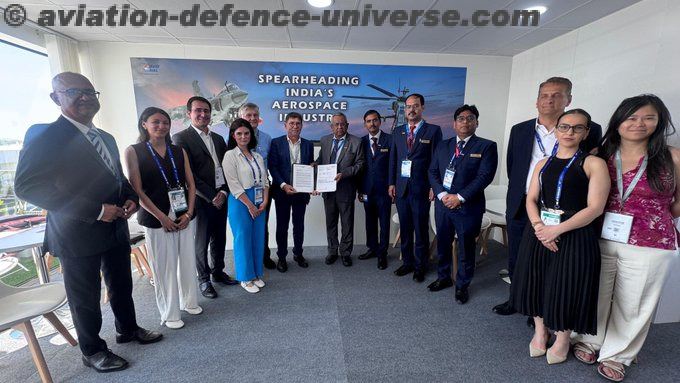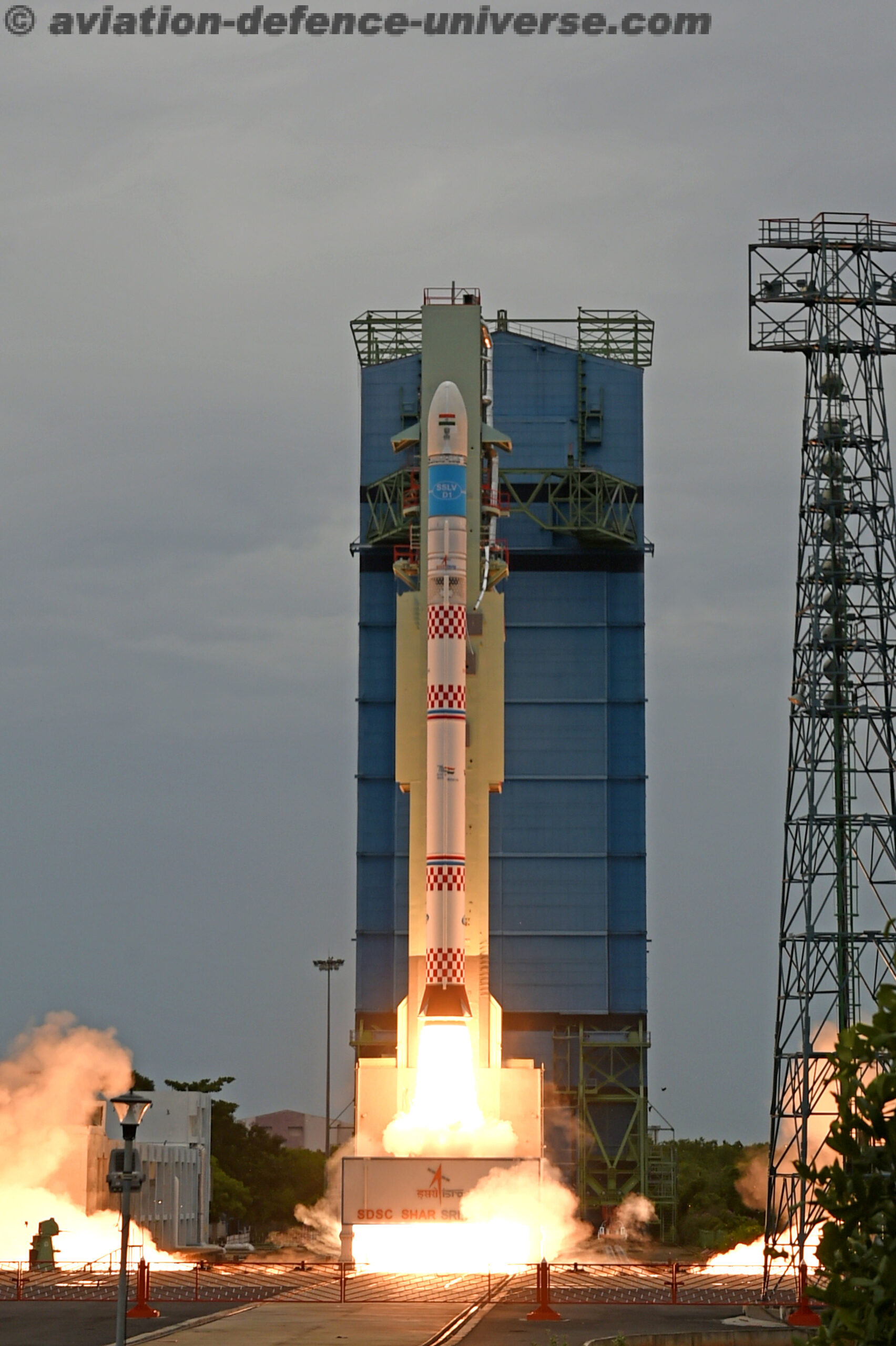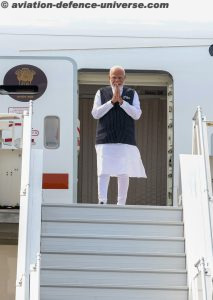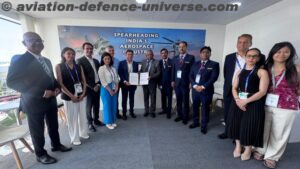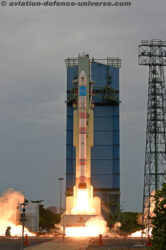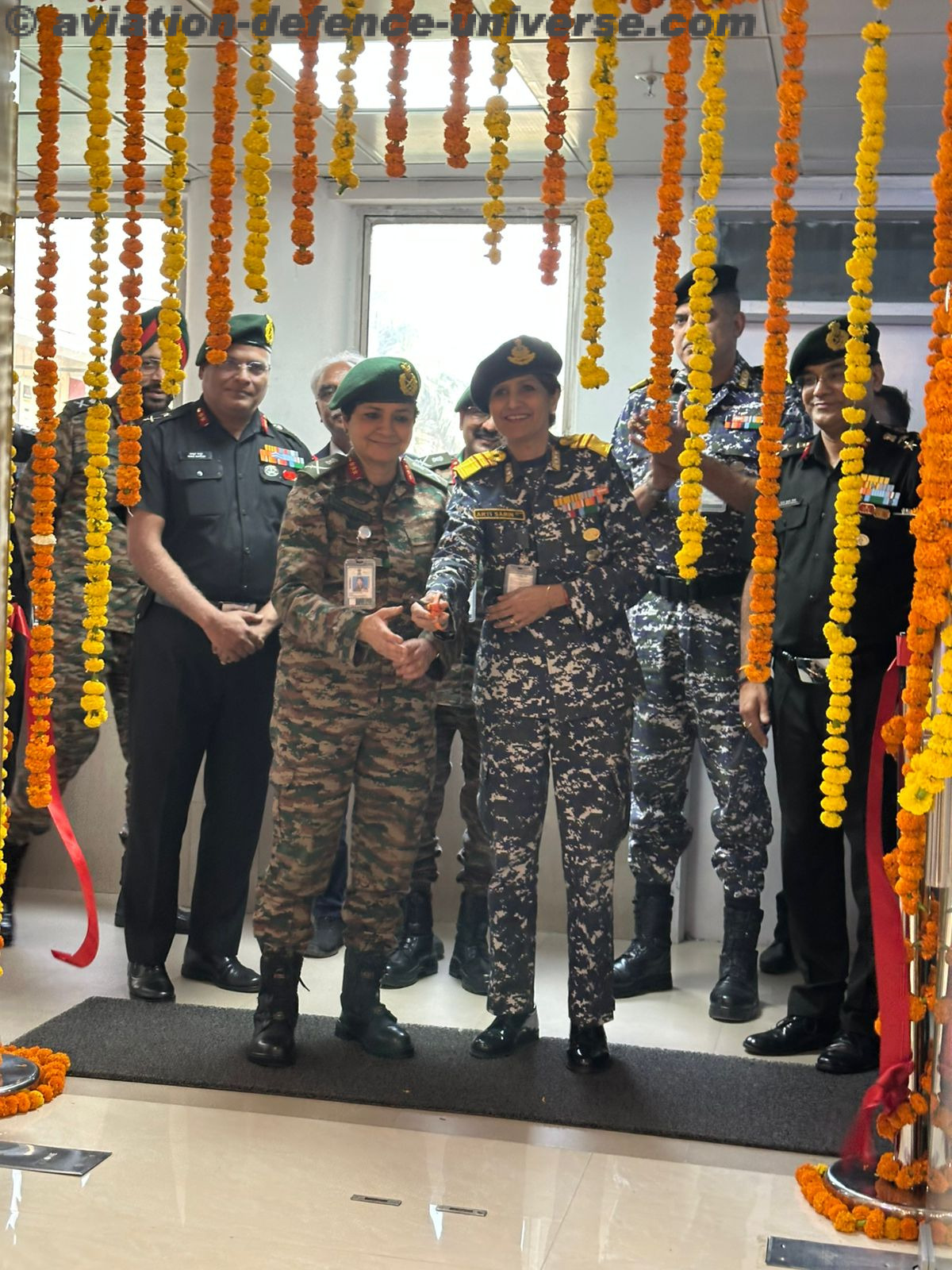By Sangeeta Saxena
New Delhi. 21 August 2024. Prime Minister Narendra Modi embarked on a significant official visit to the Republic of Poland and Ukraine, marking a pivotal moment in India’s diplomatic engagement with Central and Eastern Europe. The visit to Poland comes as the two nations celebrate 70 years of diplomatic relations, underscoring their strong economic partnership and shared commitment to democracy and pluralism. Modi’s subsequent visit to Ukraine, at the invitation of President Volodymyr Zelenskyy, represents a historic first for an Indian Prime Minister and highlights India’s deepening involvement in the region amidst the ongoing Russia-Ukraine conflict. This visit holds potential implications for the war, with India poised to play a nuanced role in advocating for peace and stability.
Poland, recognized as India’s a key economic partner in Central Europe, shares a mutual commitment with India to democracy and pluralism, further reinforcing the bilateral relationship. Modi looks forward to meeting Prime Minister Donald Tusk and President Andrzej Duda to advance the partnership between the two nations. Additionally, he will engage with the vibrant Indian community in Poland.
Following the visit to Poland, he will travel to Ukraine at the invitation of President Volodymyr Zelenskyy. This marks the first-ever visit by an Indian Prime Minister to Ukraine. He is eager to build upon earlier conversations with President Zelenskyy, focusing on strengthening bilateral cooperation and sharing perspectives on the peaceful resolution of the ongoing conflict in Ukraine. As a friend and partner, India hopes for the early return of peace and stability in the region. He is confident that this visit will naturally continue the extensive contacts with both countries and help lay the foundation for stronger and more vibrant relations in the years to come.
As all eyes are on this visit, lets try and understand the several implications for the Russia-Ukraine war, though its direct impact might be more symbolic and diplomatic than immediate or tangible. Here are some potential effects:
Diplomatic Significance
Balanced Approach: Modi’s visit to Ukraine, particularly as it is the first by an Indian Prime Minister, signals India’s concern about the ongoing conflict. It shows that India is willing to engage directly with Ukraine while maintaining its relations with Russia. This balanced approach could enhance India’s role as a potential mediator or as a voice advocating for peace.
Engagement with Poland: Poland is a NATO member and has been heavily involved in supporting Ukraine. Modi’s engagement with Polish leaders can reinforce India’s commitment to international law, sovereignty, and territorial integrity, principles that have been central to India’s official stance on the conflict.
Pressure on Russia
Subtle Pressure: While India has traditionally maintained a neutral stance, avoiding direct condemnation of Russia, this visit could subtly pressure Russia by demonstrating India’s willingness to engage with Ukraine at a high level. Russia values its relationship with India, and this visit may prompt Russia to consider diplomatic avenues more seriously.
Message of Non-Aligned Diplomacy: India’s engagement with Ukraine, despite its historical ties with Russia, sends a message that India is acting based on principles of sovereignty and peace, rather than aligning with any particular bloc. This could encourage Russia to reconsider its strategies, especially if it perceives a shift in India’s traditionally neutral stance.
Impact on Peace Efforts
Potential Mediation Role: If Modi’s visit leads to stronger ties with Ukraine, India might be in a better position to offer itself as a mediator or at least as a conduit for dialogue between Russia and Ukraine. While this is speculative, India’s status as a major non-aligned country gives it a unique position that could be valuable in peace negotiations.
Support for Peace Initiatives: India’s emphasis on peaceful resolution and stability, highlighted during this visit, could align with international efforts to bring about negotiations or ceasefires. Modi’s discussions with Ukrainian leadership may provide new perspectives or proposals that could contribute to broader peace initiatives.
Regional and Global Reactions
Regional Dynamics: Other countries in Central and Eastern Europe, particularly NATO members, may view Modi’s visit as a positive development, as it indicates India’s active engagement in the region. This could enhance India’s influence in Europe, particularly in discussions around security and peace.
Global Perception: On the global stage, India’s actions might be seen as an effort to maintain its strategic autonomy while promoting peace. This could strengthen India’s image as a responsible global player, balancing relations with major powers like the U.S., EU, Russia, and China.
Prime Minister Narendra Modi’s visit to Poland and Ukraine is a diplomatic endeavor that could influence the broader geopolitical landscape, particularly in relation to the Russia-Ukraine conflict. While the visit may not yield immediate results, it underscores India’s strategic autonomy and its commitment to global peace and stability. By engaging with both Poland and Ukraine, Modi is sending a clear message of India’s balanced approach to international relations, potentially positioning India as a key player in future peace negotiations. As the world watches, this visit could lay the groundwork for stronger and more vibrant ties between India and these crucial European nations.
While Modi’s visit is unlikely to have an immediate and direct impact on the Russia-Ukraine war, it carries significant diplomatic weight. It could influence Russia’s calculations by signaling that India is willing to engage with all parties involved and is advocating for peace. Additionally, the visit might strengthen India’s position in global diplomacy, particularly as a potential mediator in international conflicts.














